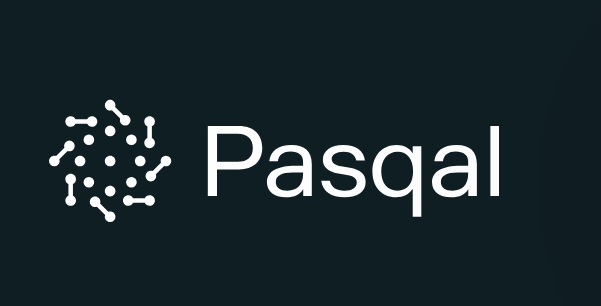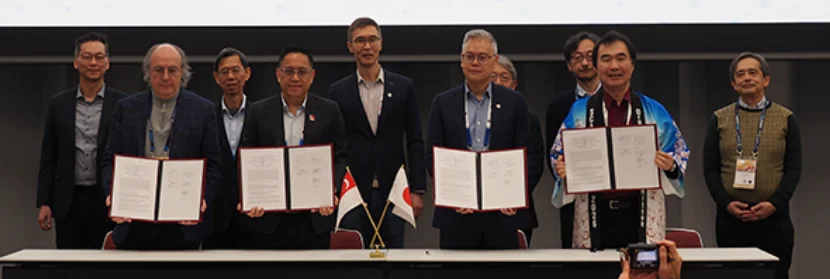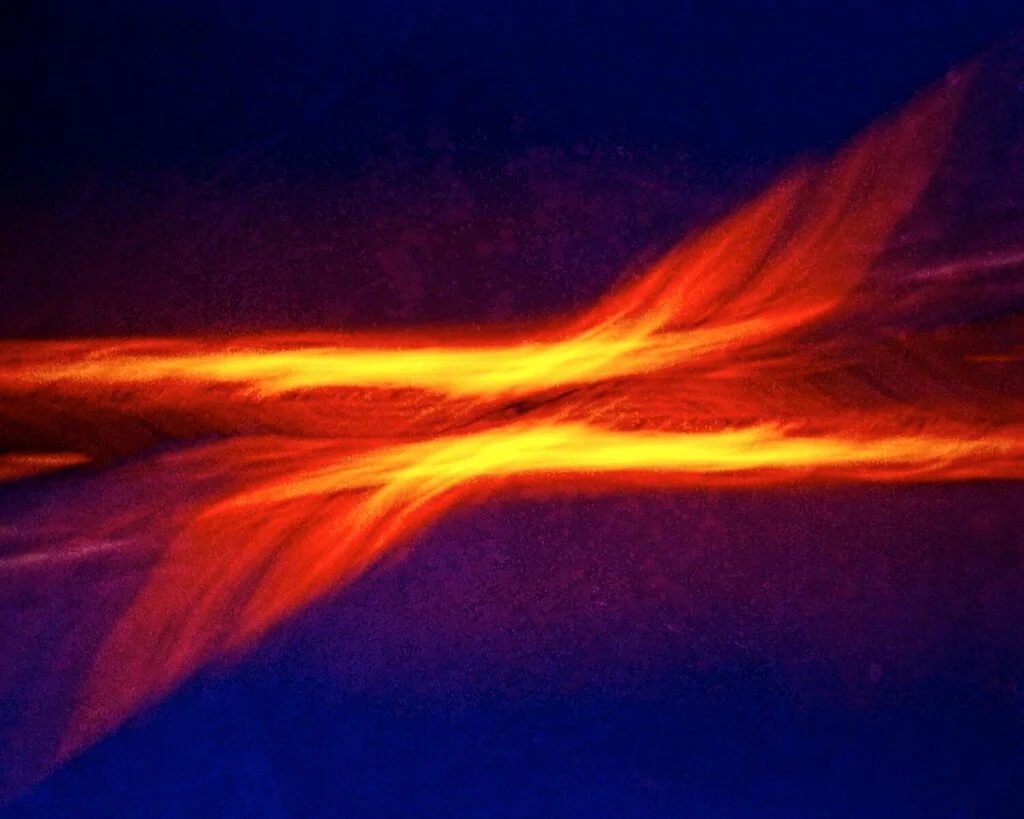Insider Brief
- Pasqal has partnered with EDF to use quantum computing to optimize smart charging for electric vehicle fleets.
- Pasqal’s quantum processors, which control individual atoms with laser beams, solve complex optimization problems more efficiently than classical algorithms.
- The partnership represents a key step in applying quantum technology to real-world energy challenges like electric vehicle charging.
Pasqal, a French quantum computing company, has partnered with energy giant EDF to tackle the challenges of smart charging for electric vehicles using quantum technology. The collaboration aims to address the complex optimization problems associated with charging large fleets of electric vehicles, an essential step as electric mobility grows rapidly.
Loïc Henriet, Pasqal’s technical director, described the partnership as an exciting use of quantum computing for practical industrial applications.
“We develop quantum processors based on control of individual atoms with laser beams,” Henriet explained. This cutting-edge technology allows Pasqal to perform calculations that “have no equivalent to classic level” and are particularly suited to solving intricate problems like those posed by smart charging.

Smart charging requires managing the overlapping charging intervals of multiple electric vehicles, which is a complex combinatorial optimization problem. Henriet detailed how Pasqal’s quantum processors can directly address this challenge: “In our quantum processor, we can physically realize with our atoms the graph in question and apply sequences of laser beams to be able to find this solution.”
By taking advantage of quantum hardware, Pasqal is able to reframe the problem and solve it using trapped atoms controlled by laser beams, a method that offers unprecedented efficiency and accuracy.
Henriet further elaborated on the significance of quantum computing in this context, stating: “What we are going to represent ultimately is the incompatibilities” in vehicle charging intervals. Pasqal’s quantum system can solve these optimization problems, which are difficult for classical algorithms, by transforming the task into a graph problem that is solved natively on quantum hardware.
This partnership with EDF marks a key step in applying quantum computing to real-world energy challenges. As Henriet put it: “We have a business problem of smart charging, which is reformulated in the form of a combinatorial optimization problem on a graph,” and Pasqal’s quantum processors offer a unique and effective way to solve it.















